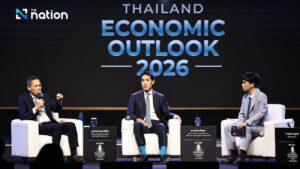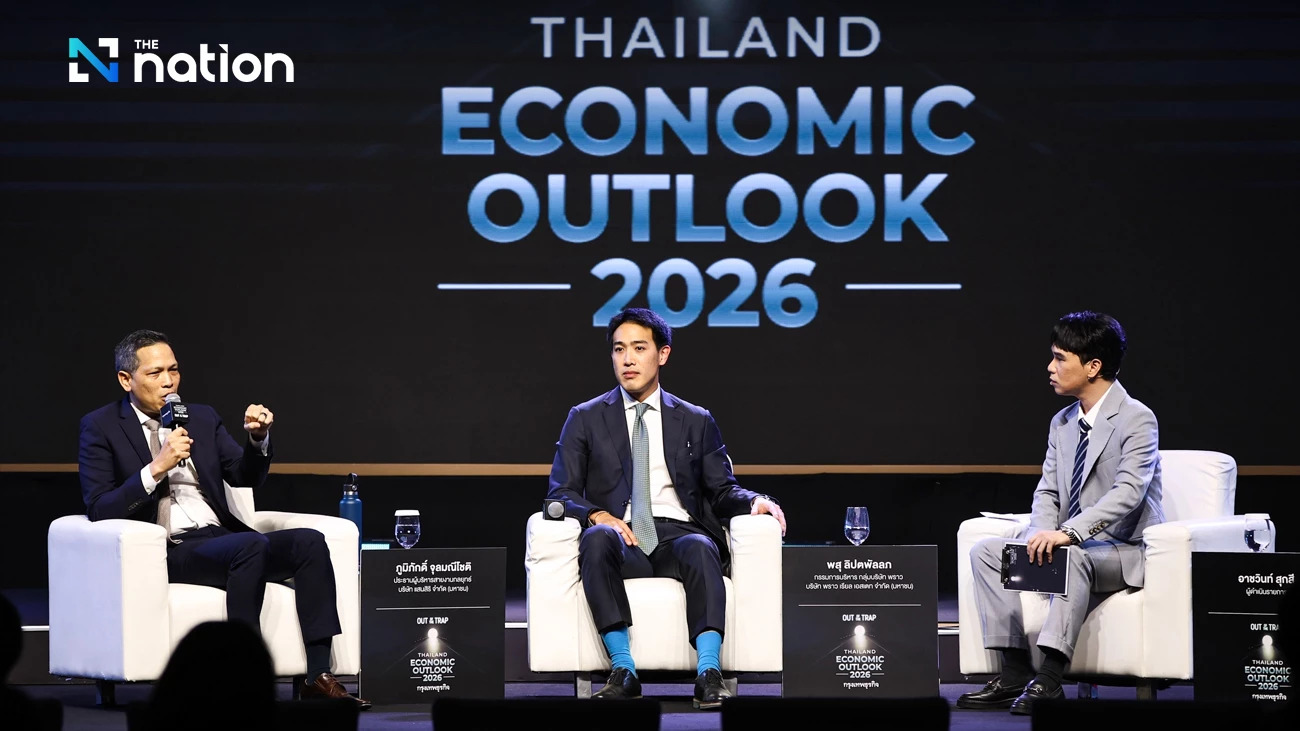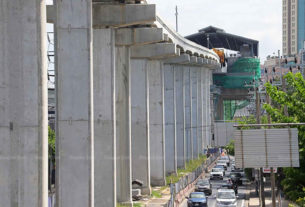 Thai Property Sector Demands 99-Year Foreign Leasehold to Revive Stagnant Economy
Thai Property Sector Demands 99-Year Foreign Leasehold to Revive Stagnant Economy
Thailand’s property industry is calling for the government to extend the maximum foreign leasehold period from the current 30 years to 99 years.
Proponents argue this reform is essential to attract foreign direct investment and revive the nation’s stagnant economy, which is hampered by high household debt and failing growth engines.
The measure is seen as a way to make Thailand more competitive and appeal to global buyers, as domestic consumption and purchasing power have been severely weakened.
Industry leaders counter national security concerns by stating that the land ultimately reverts to the state and that foreign investment is crucial for the country’s declining population.
Thailand’s property sector is calling for urgent legislative reform to extend foreign leasehold rights to 99 years, arguing that the change represents the critical “fuel” needed to inject foreign direct investment into an economy hobbled by crippling household debt and exhausted growth engines.
Speaking at the “Thailand Property New Landscape Opportunity” panel discussion at the Thailand Economic Outlook 2026 seminar hosted by Krunthep Turakij on Thursday, industry leaders painted a stark picture of an economy struggling to achieve even 2 per cent GDP growth this year, with traditional drivers failing across the board.
Pasu Liptapanlop, executive director of Proud Group and Proud Real Estate, and Poomipak Julmanichoti, chief strategy officer at Sansiri, outlined how the conventional GDP components have broken down: domestic consumption is crushed by debt, exports are challenged by a strong baht and trade policies, and private investment remains anaemic.
“The problem of household debt is a major hurdle for the property sector, directly affecting customer purchasing power and disposable income,” Pasu noted, pointing out that government stimulus measures like “Kon La Khrueng” (co-payment scheme) merely ease expense burdens rather than genuinely increasing income.
With domestic demand severely constrained, developers must look outward and create products that can be sold to “the whole world”, the panel agreed.
This necessitates fundamental legal reform that has already been implemented by neighbouring competitors.
The industry’s primary demand is extending the maximum foreign leasehold period from the current 30 years to 99 years.

Executives dismissed national security concerns about “selling the nation”, noting that land ultimately reverts to the state after the lease expires, and that Thailand desperately needs foreign workers and investment as its population and labour force decline.
“Extending the lease is the new engine required to stimulate investment, increase access to credit, and boost capital flow into the system,” Poomipak argued.
The tourism sector faces parallel challenges. Whilst tourism previously contributed approximately 20 per cent of Thailand’s GDP, the industry can no longer sustain growth through volume alone.
The strategic pivot must focus on increasing per-head spending, which currently averages 50,000 baht—significantly below competitors like Singapore and Japan, where tourists spend 70,000 to 90,000 baht, or even 800,000 baht.
Bridging this spending gap requires substantial “content” development, leveraging Thailand’s strengths in wellness and long-term stays.
However, structural impediments persist: inadequate infrastructure, traffic congestion, and critical issues with waste management and water resources, particularly in key destinations like Phuket.
The budgetary mismatch is striking—tourist destinations collectively generate nearly 400 billion baht annually for the country, yet receive only tens of millions in local or central government budgets, creating high risks of infrastructure deterioration.
Legal uncertainty further deters investment, with developers citing retrospective disapproval of projects that had already received Environmental Impact Assessment approval.

To navigate the challenging domestic environment, developers are fundamentally transforming their business models.
Integration of hospitality services and luxury branding into residential projects—so-called branded residences—has become a key differentiator, adding significant value and creating clear selling points in a highly competitive market.
Sustainability has evolved from optional feature to core requirement, with approximately 70 per cent of Generation Z tourists prioritising sustainable destinations.
Crucially, 83 to 84 per cent of these tourists are willing to pay premiums for sustainable travel, meaning developers who fail to adopt green practices risk losing customers entirely.
The foreign buyer profile is shifting away from investors seeking small rental units towards purchasers of holiday homes or residences near mixed-use complexes.
Asian buyers from China and Taiwan remain strong, whilst India and Myanmar are showing recent strength, viewing Thailand as an attractive second-home destination due to relatively lower prices and quality hospitality services.
Sansiri has adapted by diversifying into home construction services, using existing factory capacity to build homes for customers who own land but cannot secure financing for new project purchases, thereby mitigating labour and completion risks.
Meanwhile, Pasu pointed out that Thailand’s relatively advanced regulatory framework for digital assets offers new opportunities.
“Regulations allow fractionalisation of real estate ownership, enabling purchases as small as one square metre. Digital tokens can serve as alternative capital-raising channels for developers,” Pasu stated.
The government, Securities and Exchange Commission, and Bank of Thailand have launched a tourist digital wallet sandbox programme, initially capped at 50,000 to 500,000 baht monthly, with ambitions to expand usage to large asset purchases including houses, condominiums, and yachts.
Developers have expressed willingness to accept digital assets, particularly for leasehold transactions in areas like Phuket, where foreign customers often face difficulties transferring large sums through traditional banking channels.
Source: https://www.nationthailand.com/business/property/40056582


